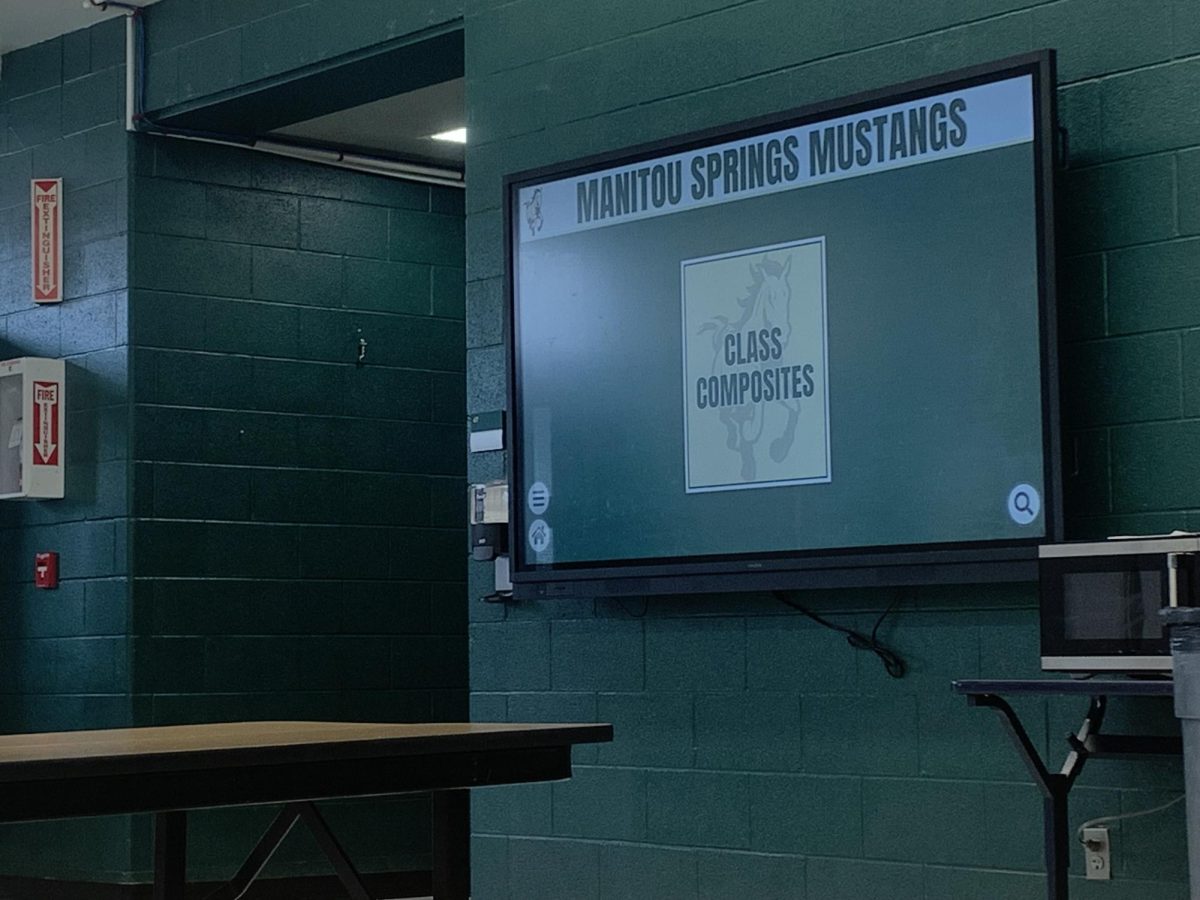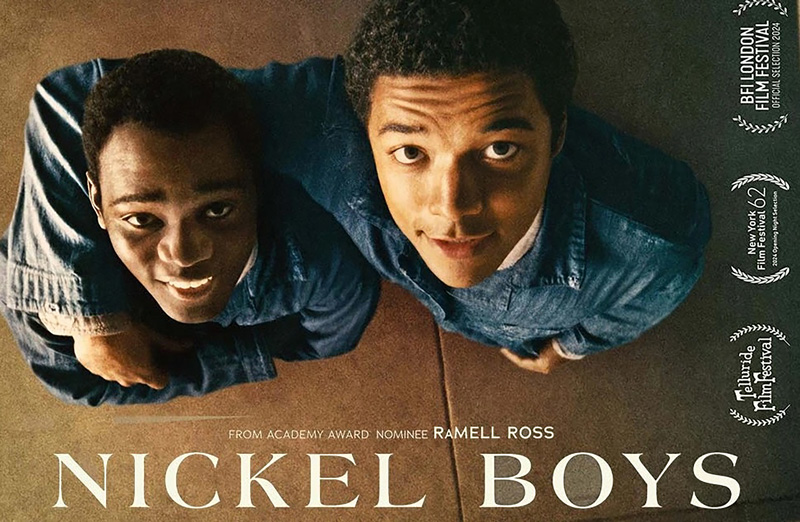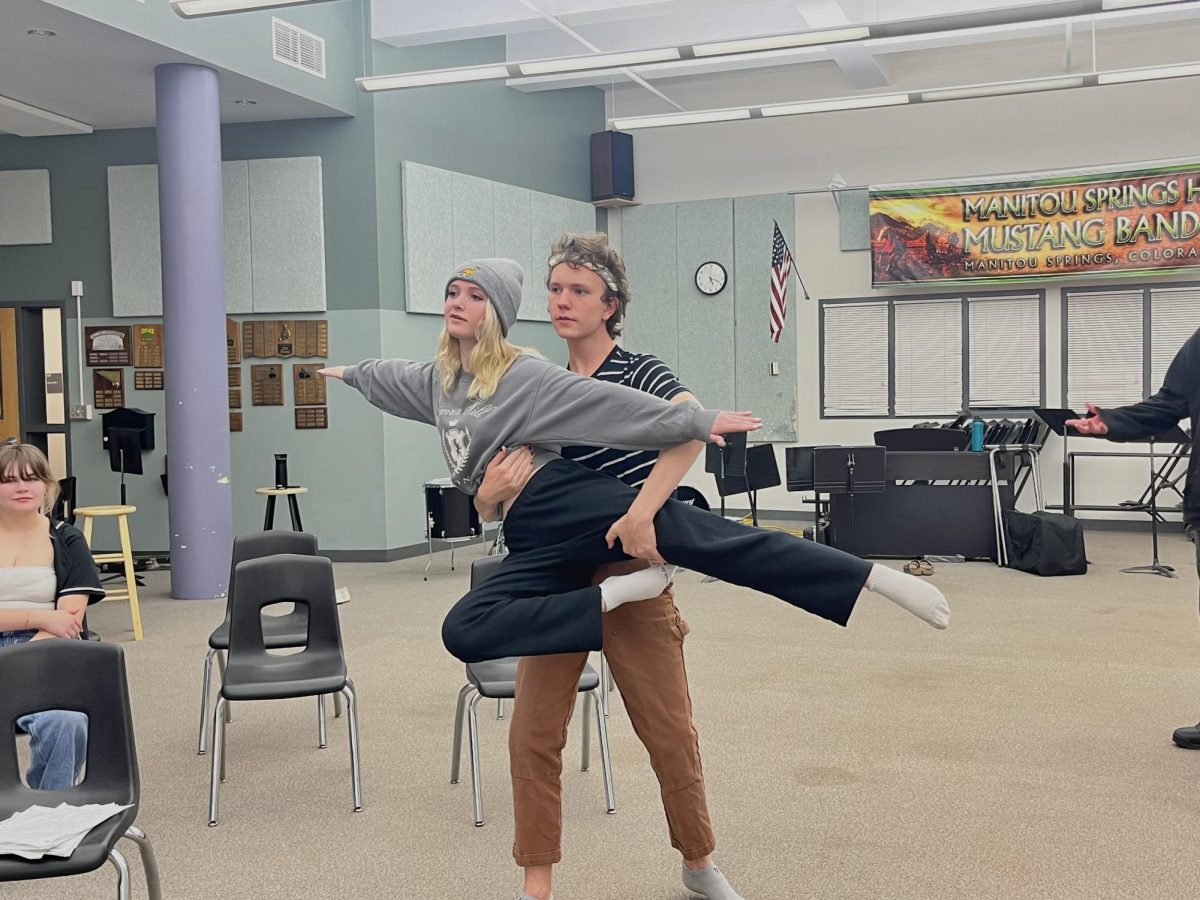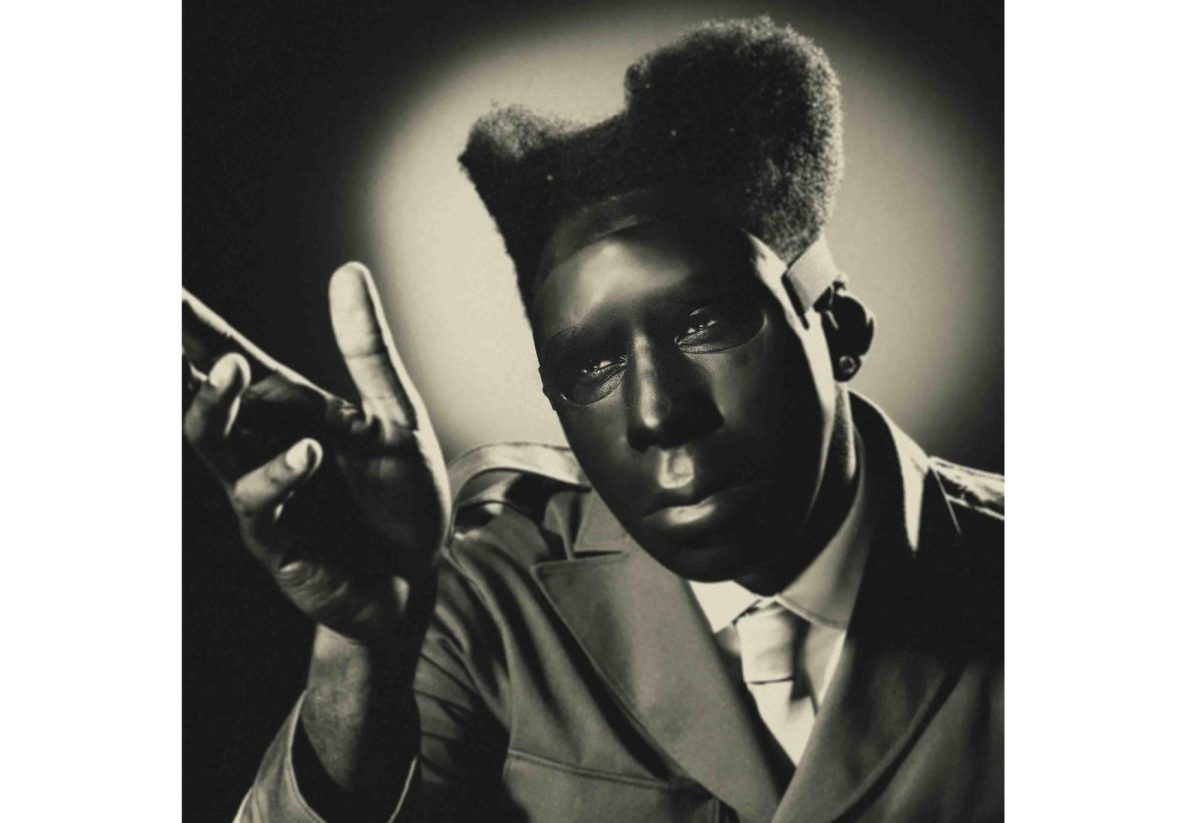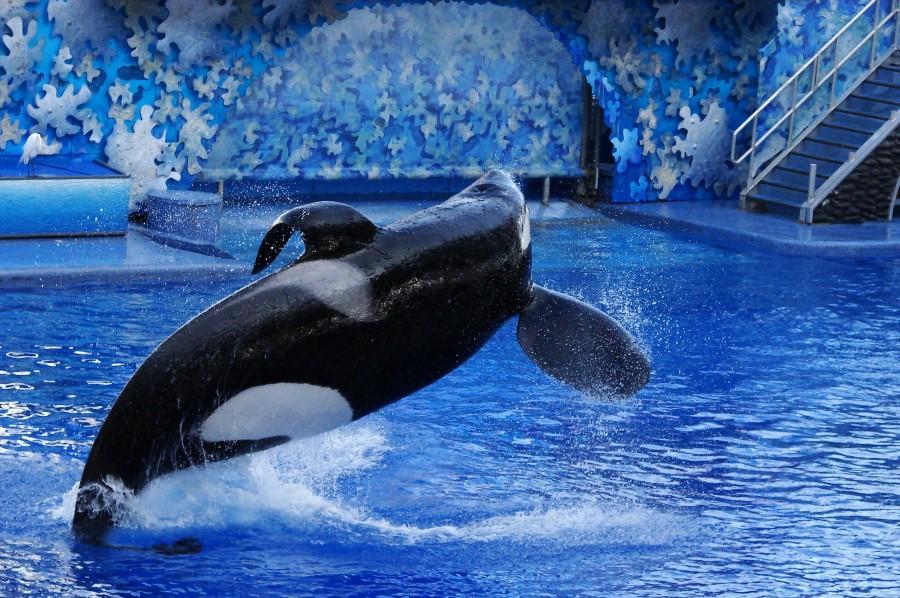Editorial: A Voice for the Orcas
Featured here is the largest and most famous orca in SeaWorld, Tilikum. Currently, Tilikum is still alive, yet he has a life threatening bacterial lung infection. For now, he’s receiving medication and resting until they can find a cure.
April 4, 2016
As of March 17, SeaWorld has made an official rule of banning their famous orca shows. This has been a recognizable issue ever since the film Blackfish was released in 2013. Included in the ban, they’ve also ruled out orca breeding, so the current generation of whales will be the last.
Ever since this happened, there have been debates on whether SeaWorld should have taken the initiative or not. Morally, it was the right thing to do. Within the shows, the orcas were trained against their nature to provide us with entertainment. This would cause the whales stress, anxiety and depression. Not only that, but they’d occasionally get upset and go on rampages; which would lead to fights between partnered whales, and even attacks on the trainers. In the wild, killer whales are very social creatures with specific languages and cultures throughout each pod. When mixing whales from different groups together, you can imagine the outcome isn’t very friendly.
To add onto all the mental health issues, they were constantly held in tanks not suitably large enough. A common trait among the captive whales became collapsed dorsal fins; which only less than 1% of wild orcas have. One of the more popular whales, Tilikum, possess the unnatural trait. The dorsal fins are made up of tissue, not bone. In theory, the fins naturally stay straight due to constant movement and water pressure, which helps to build up muscle tissue. In captivity, the whales don’t have sufficient tanks to swim around in, so the fins become weak and collapse. The fact that this has occurred multiple times is proof that cages are no place for whales. To create a tank actually large enough is not a realistic size for an amusement park. They’d also suffer from injuries conflicted by other whales. Since it seems like all the whales are originally from different pods, they’d fight to be the dominant whale, or alpha, if you will.
Despite all the controversy, people have still been disagreeing with this decision. Being the popular amusement park it is, SeaWorld is well known for their captivating animal shows. Since the park is a source for entertainment, some parents have been complaining that closing the parks main attraction is depriving their kids of a good time. It would make sense for people to become upset at the cancellation if they weren’t educated on how the whales were treated. But, since the topic has been around for many, many years and the issue has been spread all over the internet and newspapers, it’d be hard to miss out on the information. As much as people want to make animal performance a reality, it’s not realistic and fairly selfish. Plus, the information that SeaWorld was handing out anyway was lies used to cover up the mistreatment of their animals. The truth may not be as fun, but it prevents living things with a heart and soul from getting hurt.
Within the film Blackfish, it covers the story of SeaWorld’s most famous killer whale, Tilikum, while revealing topics of the cruel performance, as well as the deaths of former trainers. Throughout the film, they release proven fact on how whales aren’t meant for performance. Many of the trainers would like to believe there was some sort of special bond between them and their orcas. But, picture the situation in the wild. Every species tends to keep to their own. There is little to no possible life-bonds between domesticated and undomesticated animals. Even though orcas and humans are very social creatures, there will always be that barrier of natural instinct vs emotion.
After the rule was released, people have been further questioning whether or not circuses, zoos, and aquariums are fair to animals as well. Particular zoos and aquariums are actually beneficial to animals and creatures alike by helping to preserve endangered species and taking in weak or sick animals to care for them. Although, the key word being: particular. Plenty of zoos do not sufficiently support their animals. If a zoo cannot seem to accomplish this, they shouldn’t be allowed to open. As far as circuses go, they seem to be just as controversial as the issues in SeaWorld. A running, and agreeable, theme is that it’s immoral to use undomesticated animals in performance. Wild animals should have the free will to perform on instinct, and it should be kept as so.
In high hopes, the whales’ stress will be reduced and they no longer will have to deal with losing family, mistreatment, and lies about their well being. As much as they don’t wish to admit it, SeaWorld has exposed itself in a way that might prove to people that we can’t pick and choose how we run nature. This may prove to help support animal rights, because they deserve it as much as we do. It’s time we keep our romanticism to ourselves.

